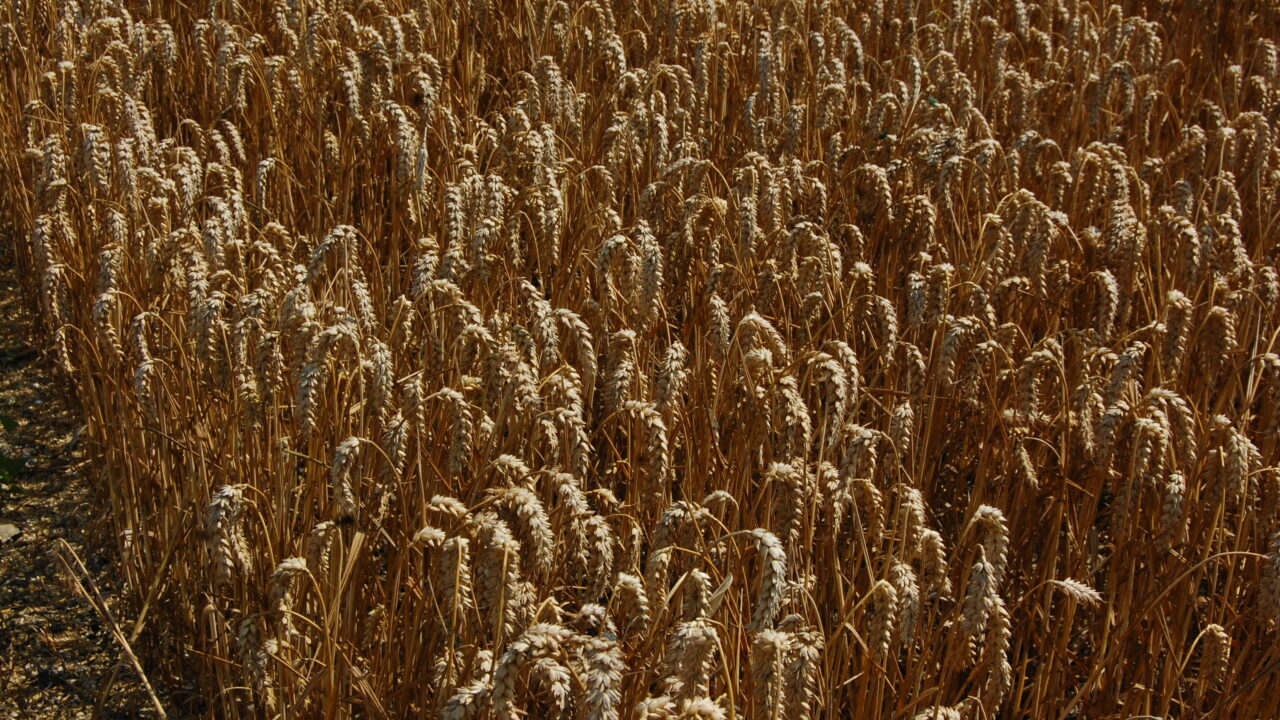The EU is set to increase tariffs on grain products from both Russia and Belarus, including wheat, maize and sunflower meal.
The European Commission is proposing to increase the tariffs on those products, which it said will be high enough to suppress such imports into the EU in practice, but would not affect exports from Russia and Belarus (which is an ally of Russia in its war with Ukraine) to non-EU countries.
The commission also said that the measures will prevent market destabilisation through any future significant redirection of Russian grain products onto the EU market.
The commissions said: “The EU farming community has in particular expressed concerns about the risk. Russia’s role as a leading global grain exporter, coupled with its willingness to use food as a geopolitical tool, shows that it is high.”
The increased tariff will also, according to the commission, tackle exports from Russia that were actually produced in Ukraine and deliberately mislabeled as Russian.
The tariffs also aim to prevent Russia from using revenue from its grain exports to fund military activities in Ukraine.
Commission President Ursula von der Leyen said: “We propose the imposition of tariffs on these Russian imports to mitigate the growing risk to our markets and our farmers.
“They will reduce Russia’s capacity to exploit the EU for the benefit of its war machine. And we maintain our commitment to preserving global food security, especially for developing countries,” President von der Leyen said.
“We are striking the right balance between supporting our economy and farming communities. At the same time, we maintain our unyielding support for Ukraine.”
The commission said that the increased tariffs would also apply to Belarus in light of the country’s close political and economic ties to Russia. Also, by including Belarus in the new measures it is hoped it would prevent Russia from using its ally to circumvent tariffs.
The transit of cereals, oilseeds and derived products from Russia and Belarus to third countries is unaffected by today’s proposal, which the commission said shows that the EU “remains fully committed to promoting food security globally, especially when it comes to developing countries”.
